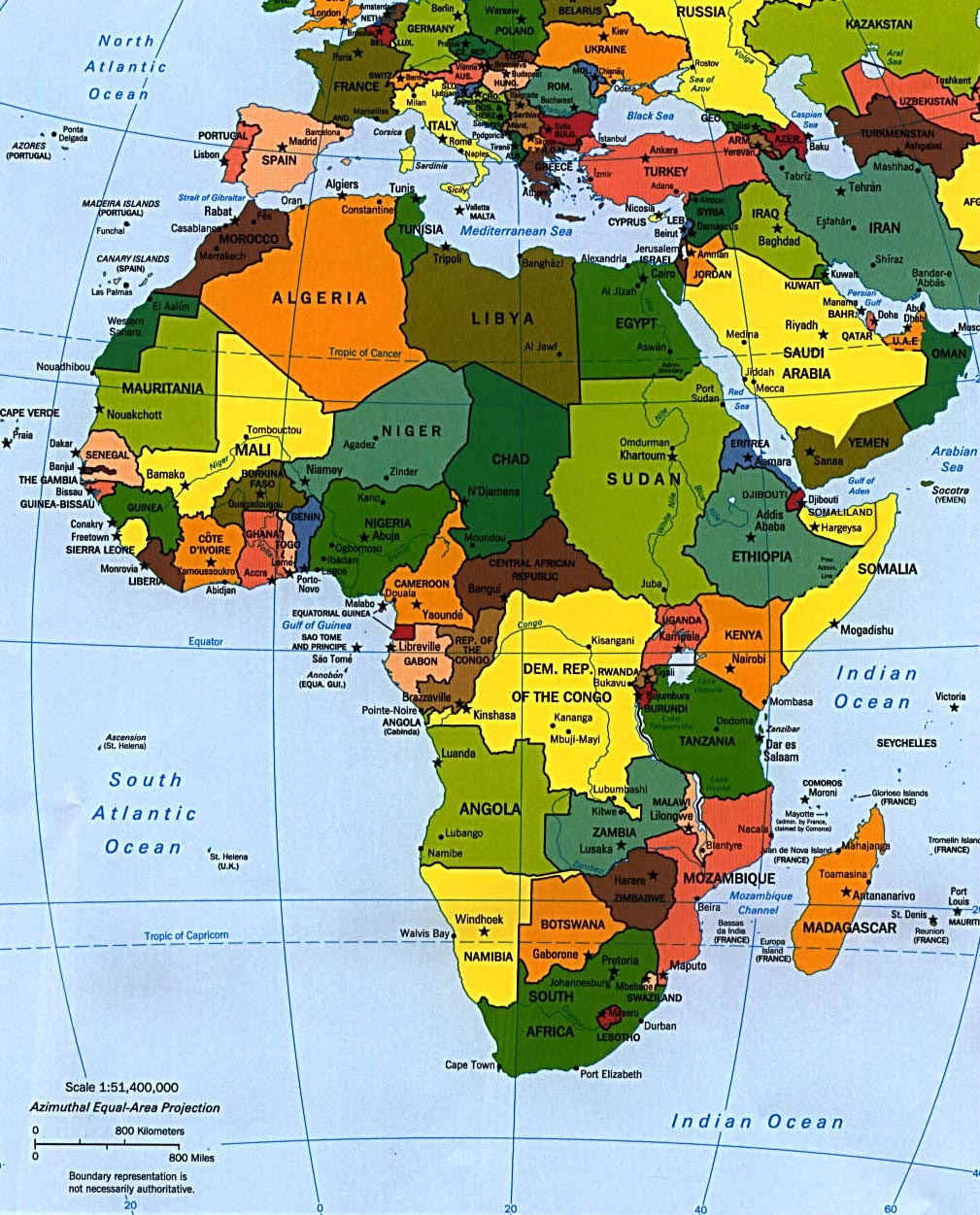Scores of institutions monitor governance index across the world. The Ibrahim Index of AfricaGovernance (IIAG) stands out as a well-researched evaluation of the governance performance of 54 African countries. Since 2007, the index, published every two years by the Mo Ibrahim Foundation, is rated as the most authentic commentary on overall governance including development, economic opportunity, and political inclusion across Africa.
The latest index of governance compiled by the Mo Ibrahim Foundation published last week presents a grim picture of Africa. According to the analysis, compared to a decade ago, both safety and democracy in many parts of the continent have declined. It estimates that almost 70 percent of the continent’s population lives in countries classified as less safe now than in 2012.
Military coups were common in Africa in the decades after independence. What worries the Political analysts is that they are resurfacing again in a regular pattern in many parts of the continent. During the last decade, that is from 2012, Africa witnessed 23 coups and eight takeovers by juntas. The Security and governance issues that regressed during the Pandemic gradually escalated into military coups and armed conflicts threatening to raze years of political progress.
Alarm bells rang when West African countries, Mali, Guinea, and Burkina Faso, considered fairly successful stories for democratic governance in Africa, succumbed to coups. A growing security crisis in Mali and a crisis of legitimacy in Guinea along with Pandemic induced challenges in 2020 and a contagion effect of coups in the wider region, tipped the scales in 2021.
Another conspicuous tendency among some of the African leaders is to tighten their autocratic grip behind a façade of electoral democracy. Even before the Pandemic, an increasing number of African leaders manipulated their term limits or rigged elections to stay in power. COVID granted them the legitimate pretext to postpone elections as seen in the cases of Somalia and Ethiopia, muzzle opposition as in the case of Uganda, or gag the media as witnessed in several African countries.
According to political analysts, the root cause of coups is the erosion of public confidence in democratic institutions due to rising social and economic stresses like poverty and hunger. The public discontent that led to riots and protests escalated into coups under the patronage of the opposition and military. A 2021 report submitted to the European Parliament sums up the main causes of the fragility of democracies in sub-Saharan Africa. These include poor socio-economicdevelopment, conflict, and insecurity, weak institutions, lack of judicial freedom, manipulation of electoral laws and constitutional norms, as well as restricted civil and political rights.
However, there have been some isolated causes for celebration. The overall peaceful General Elections in Kenya and the broad-based issues-based coalition politics, peaceful transfer of power in Somalia, following its presidential election, the democratic strides of Gambia, President Samia Suluhu Hassan’s expansion of media freedoms in Tanzania, and announcement of some form of political reform before the 2025 General Elections are positive developments. In some cases, like Lesotho and Central African Republic, courts asserted themselves as guardians of the constitution in 2022. These promising developments show that persistent demands for political reforms may ultimately bring incremental political reforms.
Of course, the Coups in Africa provoked international outcries and condemnations of the coups notably by the United States, the United Nations, ECOWAS, and the African Union. Sanctions were unleashed to tame the coup leaders. But these empty statements and sanctions do little public good to ease the common man’s life. Rather, sanctions punish the poor and worsen economic distress. In fact, what is needed is concrete work to restore democracy and governance. That needs tremendous political will and leadership. African governments, the African Union, and the Regional Economic Communities must join hands with African people to protect their democratic rights.
Mo Ibrahim, a Sudanese-born British billionaire established an annual prize in his name to promote democracy and good governance in Africa. The hefty $5 million reward was to be awarded to a democratically elected, former African leader who championed good governance, and the rule of law and set an example for leadership for the region. In eight of the fourteen years after the prize was instituted, no leader has been found worthy of the award. This is a sad commentary on the state of leadership in Africa.





